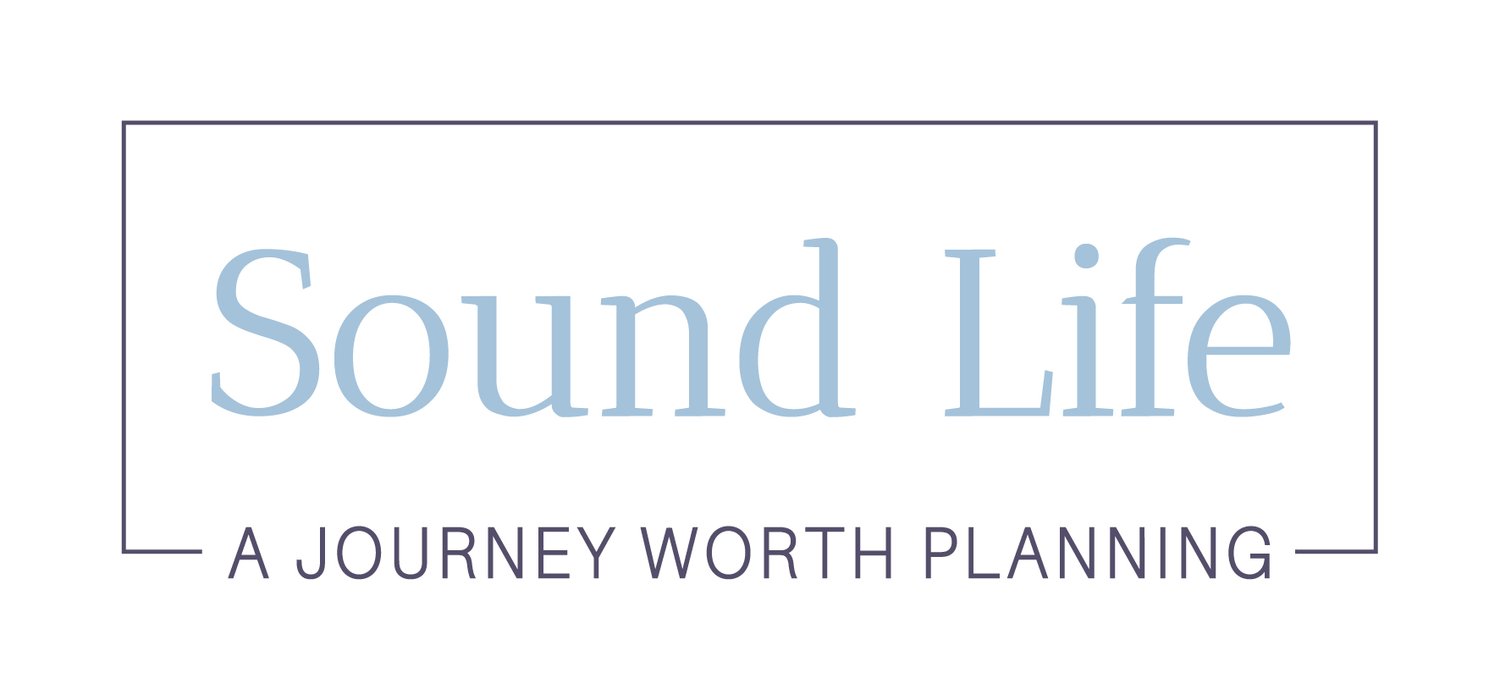4 Personal Insurance Options for Peace of Mind
Life is a journey filled with twists and turns, and while many of these surprises are happy ones, there are also uncertainties that can potentially rock us financially. This is where financial protection can shield you against life's unexpected curveballs.
Picture this: life takes a turn for the worse, and suddenly you're facing a situation that leaves you unable to work due to illness or injury, or tragically, you or your partner pass away. It's a reality many of us could, and do, face.
Don’t leave your financial future to chance.
Photo cred: unsplash.com/@stefanspassov
Here are the personal insurance options that we feel are super important to have in place, however this is a guide only and your choices will depend on your own set of circumstances.
1. Income Protection: Safeguarding Your Livelihood
What's your most valuable asset? Your home? Your car? For most people, it's your ability to earn an income. Our income supports our daily lives and Income Protection insurance ensures that, even if sickness or injury strikes and work becomes impossible, you'll still have a steady income.
It provides a percentage of your regular income as a benefit if you are unable to work due to an eligible illness or injury. So you will still receive your income to cover essential expenses even when you can't work.
2. Life Insurance: Protecting Your Loved Ones
Life insurance is a lifeline for your family's future. If the unthinkable happens and you're no longer there to provide for your family, life insurance ensures that your loved ones are financially secure. It can:
● provide a lump sum to your family upon your passing
● cover outstanding commitments, like mortgages and living expenses
● ease the financial burden your family may face during a difficult time
● provide cover to pay out large core debt
● provide funds for private schooling
3. Total and Permanent Disability Insurance (TPD)
This insurance provides a payout if you become totally and permanently disabled and are unable to work again. TPD insurance typically offers a lump-sum payment and is designed to provide long-term financial support. It is used to:
● cover medical expenses and ongoing care
● provide modifications to your living space if needed
● cover debt repayments
● cover other financial needs resulting from your disability
4. Trauma Insurance: Bouncing Back from Illness
Serious illnesses can strike at any time, leaving you physically and emotionally drained. The financial toll can be overwhelming. Trauma insurance offers a lump sum when you have received a diagnosis of a specific critical illness such as, but not limited to, cancer, heart attack and stroke. Trauma insurance provides:
● support during your recovery by easing financial stress, whether you are able to work or not
● expenses cover for medical bills, rehabilitation, and home modifications
● relief and peace of mind for you and your family
Some things to consider when choosing your Insurances
The right choice of insurance cover depends on your personal circumstances. Some important factors to consider when choosing your policy options are:
● waiting periods - the time between making a claim and receiving benefits (30, 60 & 90 days)
● the benefit period - determining how long the policy will provide coverage
● whether you choose to have insurance cover inside your super fund or outside of it
Life's uncertainties shouldn't dictate your financial well-being, so please carefully consider your insurance options. If you've got this, and already have your insurances in place, we suggest reviewing these on a regular basis.
If you haven't, or you’re pretty insurance savvy but just need some further guidance, it’s worth getting in touch with our Sound Life team. Jump on a free discovery call to see if we can help ensure you are financially secure.
We encourage you to never leave your insurances, or lack thereof, to chance. You can download our free e-book below which helps to get even clearer on all of the insurance jargon, while also touching on considerations for business insurances.
The information contained in this article is general in nature and does not take into account your personal situation. You should consider whether the information is appropriate to your needs, and where appropriate, seek professional advice from a financial adviser.
If you or someone you know are experiencing financial hardship or need support to get on track financially, please reach out to Anglicare who can provide free financial counselling.

